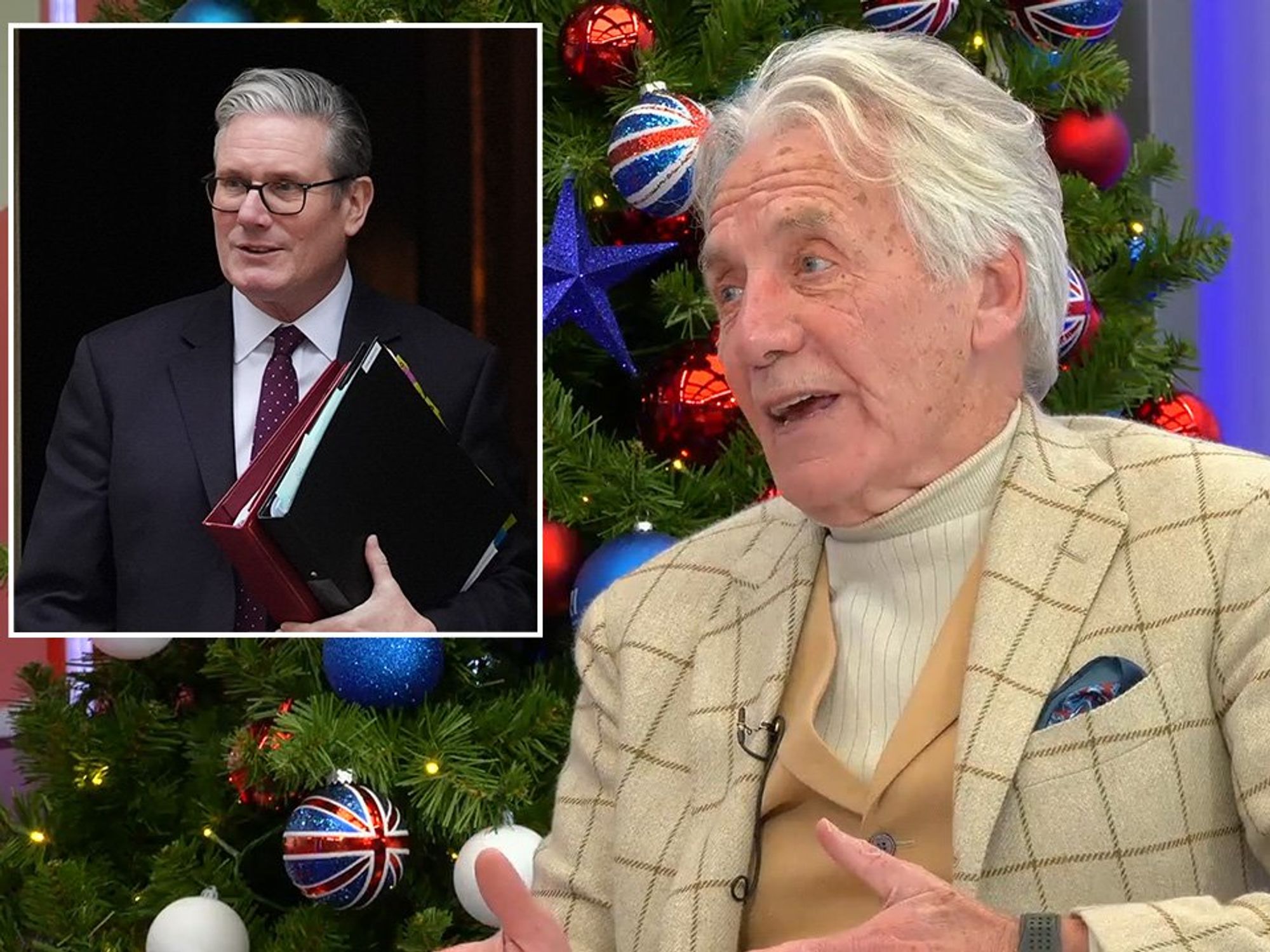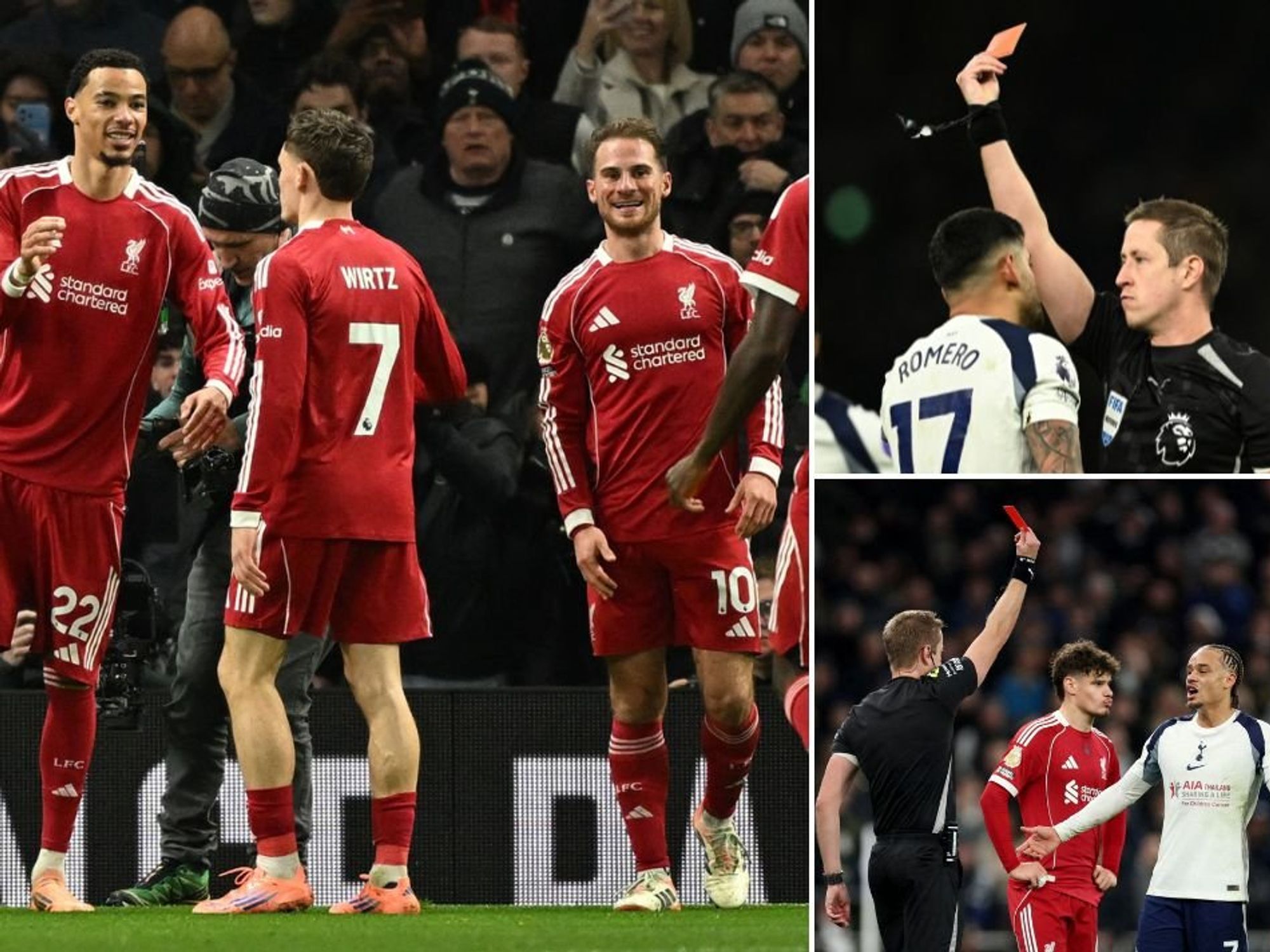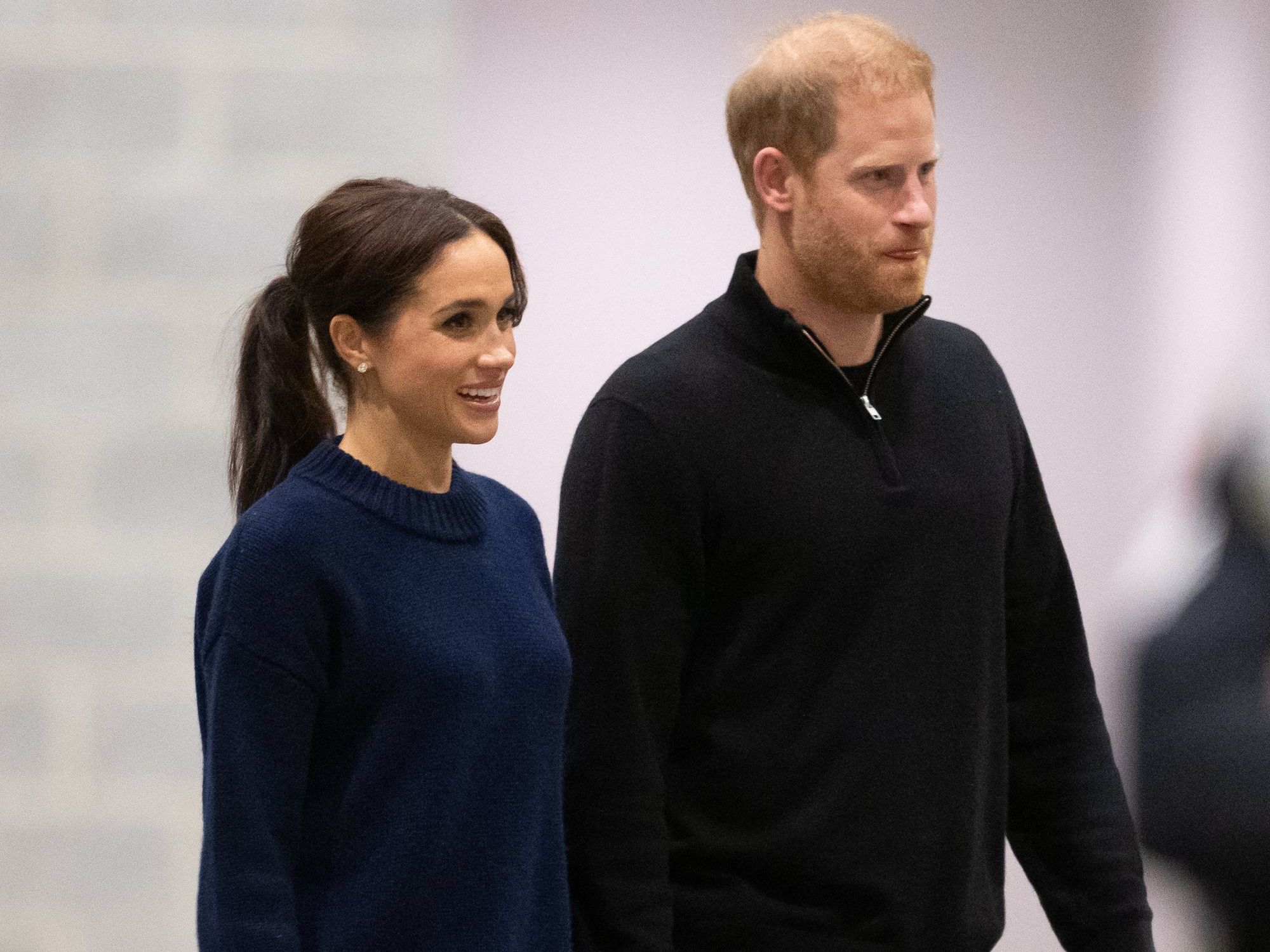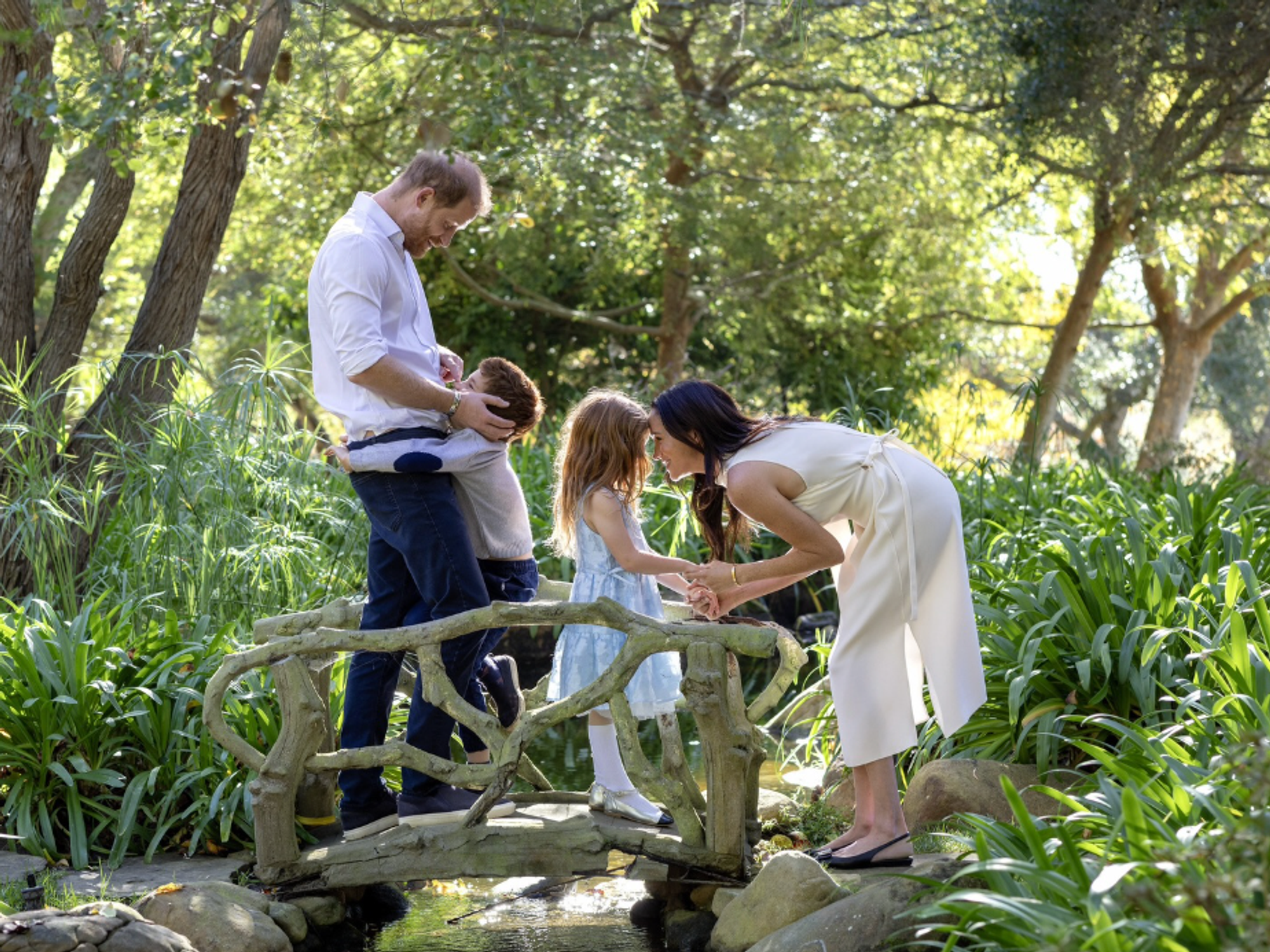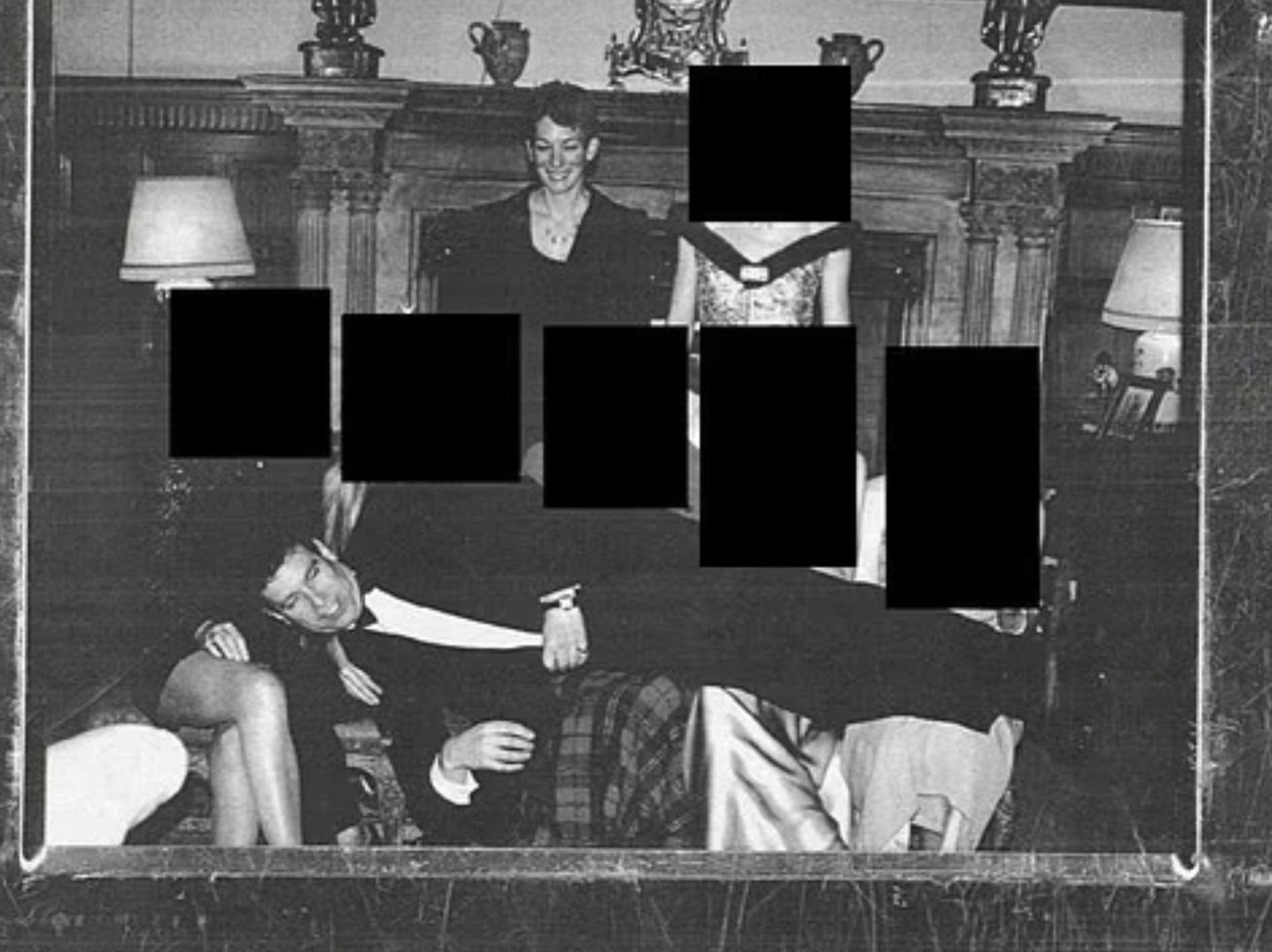Bristol University bows to woke mob as it removes emblem from logo over 'slavery links'
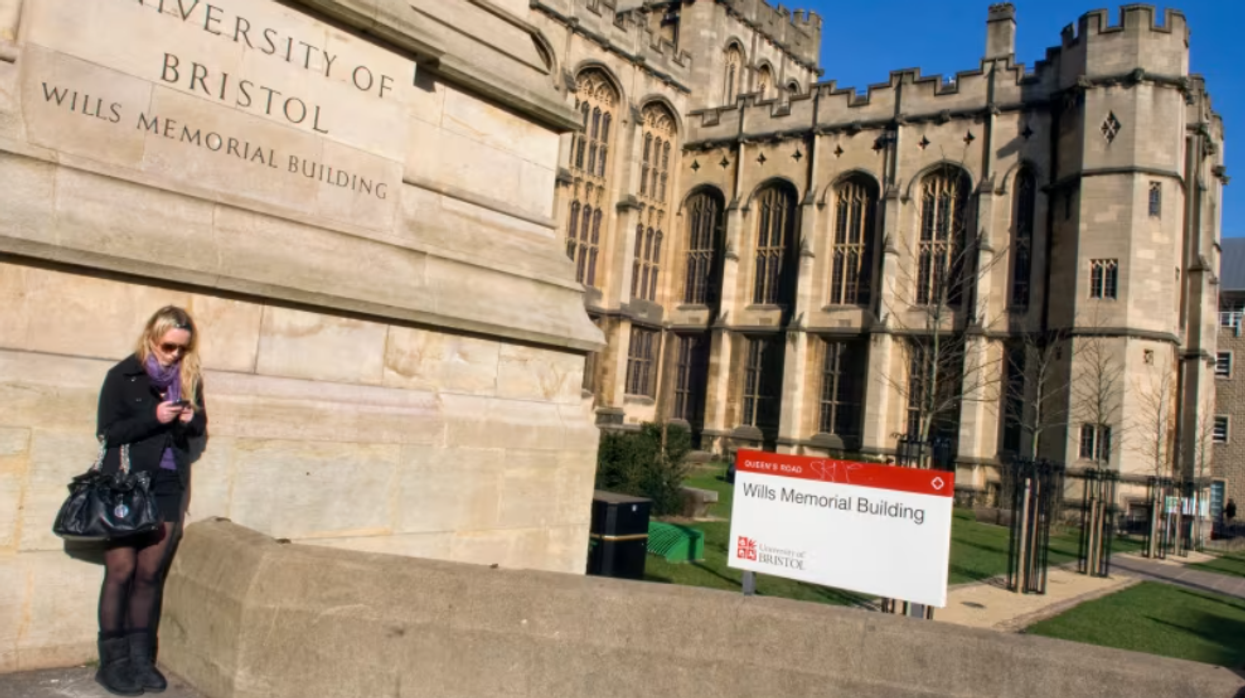
Colston died 200 years before the institution was founded
|PA

The logo was designed in 2003 from slave trader Edward Colston’s coat of arms
Don't Miss
Most Read
Latest
Bristol University has decided it will strip the emblem of a slave trader from its 20-year-old logo.
Professor Evelyn Welch, vice-chancellor of the Russell Group university, announced the move in an open letter in which she also admitted that she had experienced racism at the institution.
The logo was designed in 2003 from slave trader Edward Colston’s coat of arms, who was a member of the Royal African Company in the 17th and 18th centuries.
The company transported enslaved African people to the Americas, more than "any other single institution during the entire period of the transatlantic slave trade", according to historian Professor William Pettigrew.
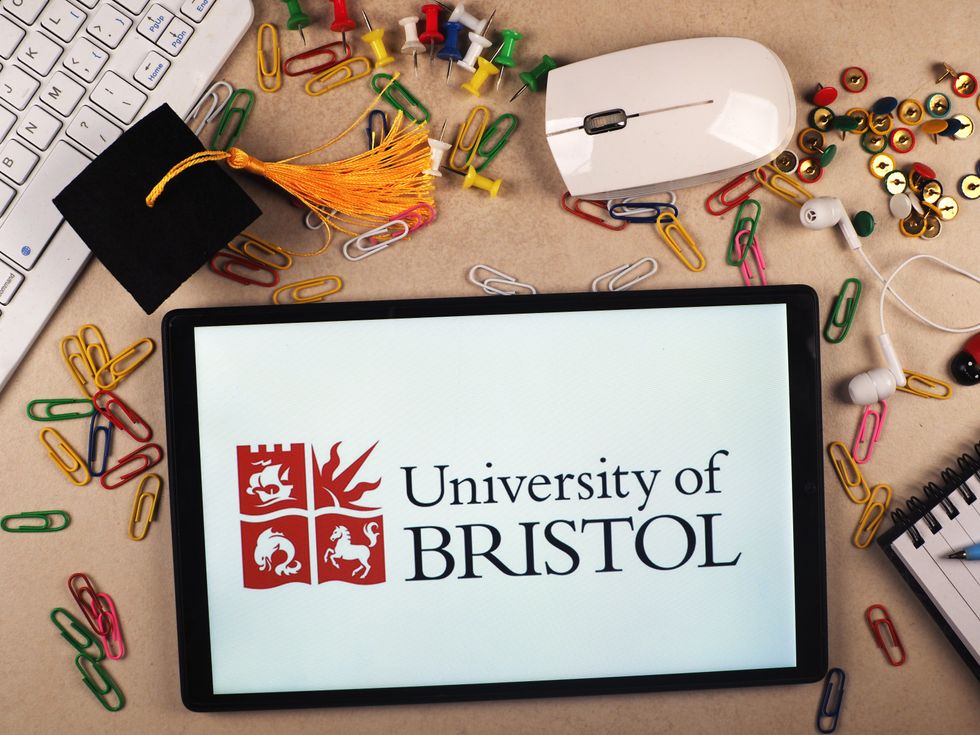
The dolphin emblem will be removed
|Getty
A spokesman said the university had never received funding linked to Colston, who died 200 years before the institution was founded.
His statue, which was situated in Bristol Harbour, was hurled into the nearby water by protesters during the 2020 Black Lives Matter protests.
The following year, the Colston Hall concert venue changed its name to Bristol Beacon.
The university said: “We will remove the emblem from the logo.
LATEST DEVELOPMENTS:
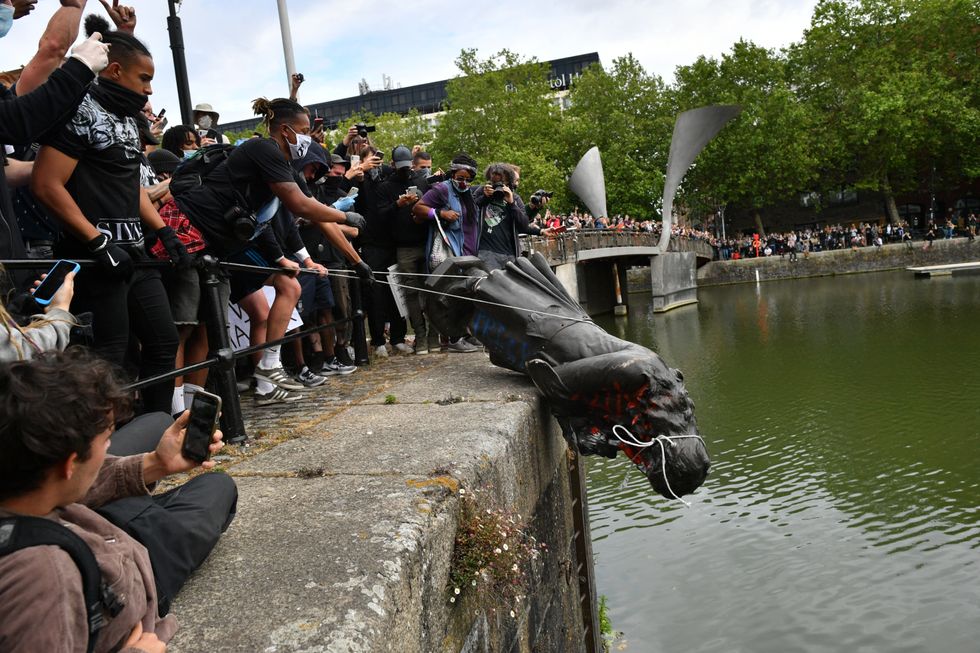
Protesters throwing the statue of Edward Colston into Bristol harbour during a Black Lives Matter protest rally
| gbnews"The sun symbol of the Wills family and the horse emblem of the Frys will remain, reflecting the wider decision around retaining building names."
The announcement comes after a year-long public consultation on whether seven buildings which all have links to the slave trade should be renamed.
The consultation survey was completed by 4,000 students, staff and members of the local community, which revealed that a large proportion felt it was “crucial to acknowledge and explain the past” of figures associated with the slave trade.
The buildings include the Wills Memorial Building, named after the Wills family of tobacco producers - considered the founding family of the university due to their donations of land.
Also included is the Fry Building, named to reflect donations from the chocolate-producing family.
A spokesman said the university had decided to keep all the current names of buildings but would work to ensure “their full stories and historic connections to the university are made visible”.
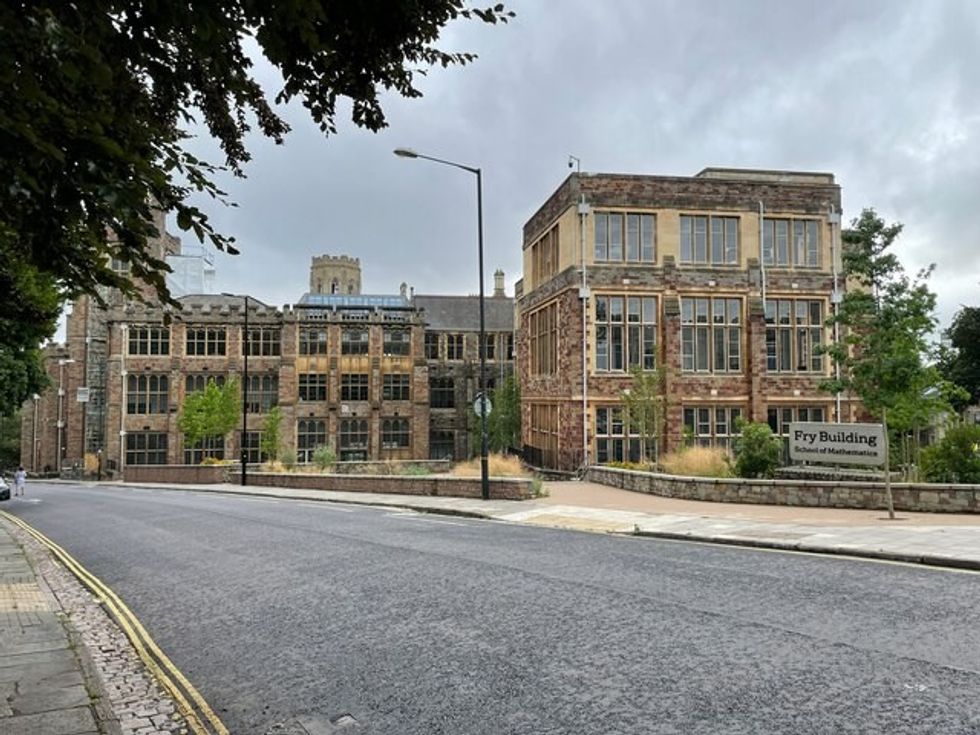
The University received donations from the Frys, a chocolate-producing family
|Geograph
Describing the two families which donated heavily to the university, the spokesman said: “The Wills and Fry families helped found the university in the early 20th century through substantial financial gifts.
“While the families did not own or traffic in enslaved people, the products that their 18th and early 19th century predecessors dealt in – such as tobacco, sugar and cocoa – were connected to enslaved labour.”
“The university will work with staff, students and local communities to ensure the full stories of the institution’s origins, both positive and negative, are made more visible.
“We will remove the [Colston’s] emblem from the logo. The sun symbol of the Wills family and the horse emblem of the Frys will remain, reflecting the wider decision around retaining building names.”
Over the next decade, Bristol University will pledge £10million to a programme called Reparative Futures, which is designed to tackle racial injustices.
The programme will focus on enriching existing schemes run by the university, such as the Black Scholarships scheme.





